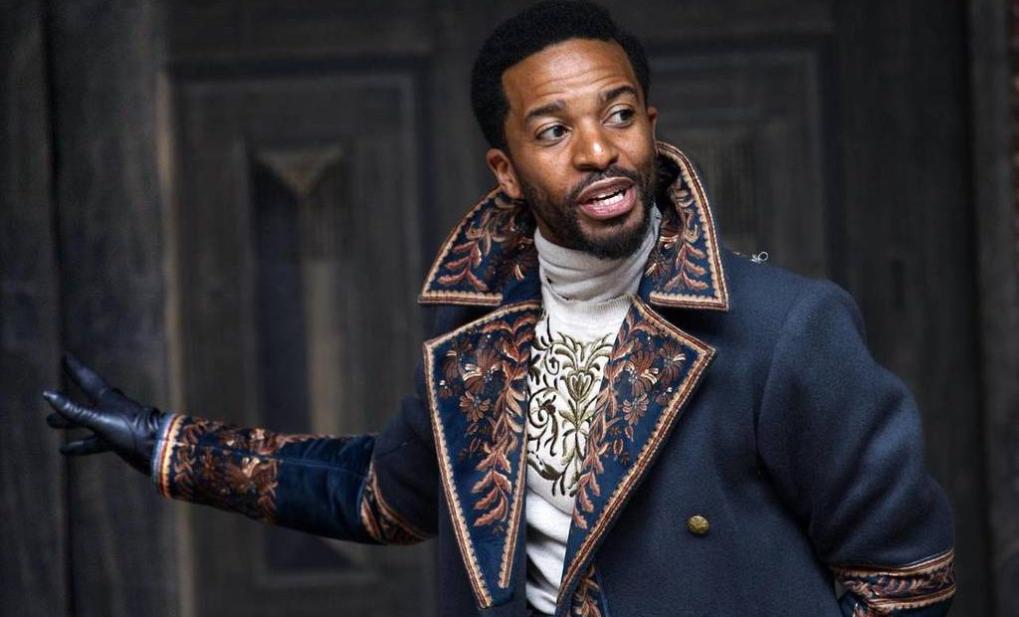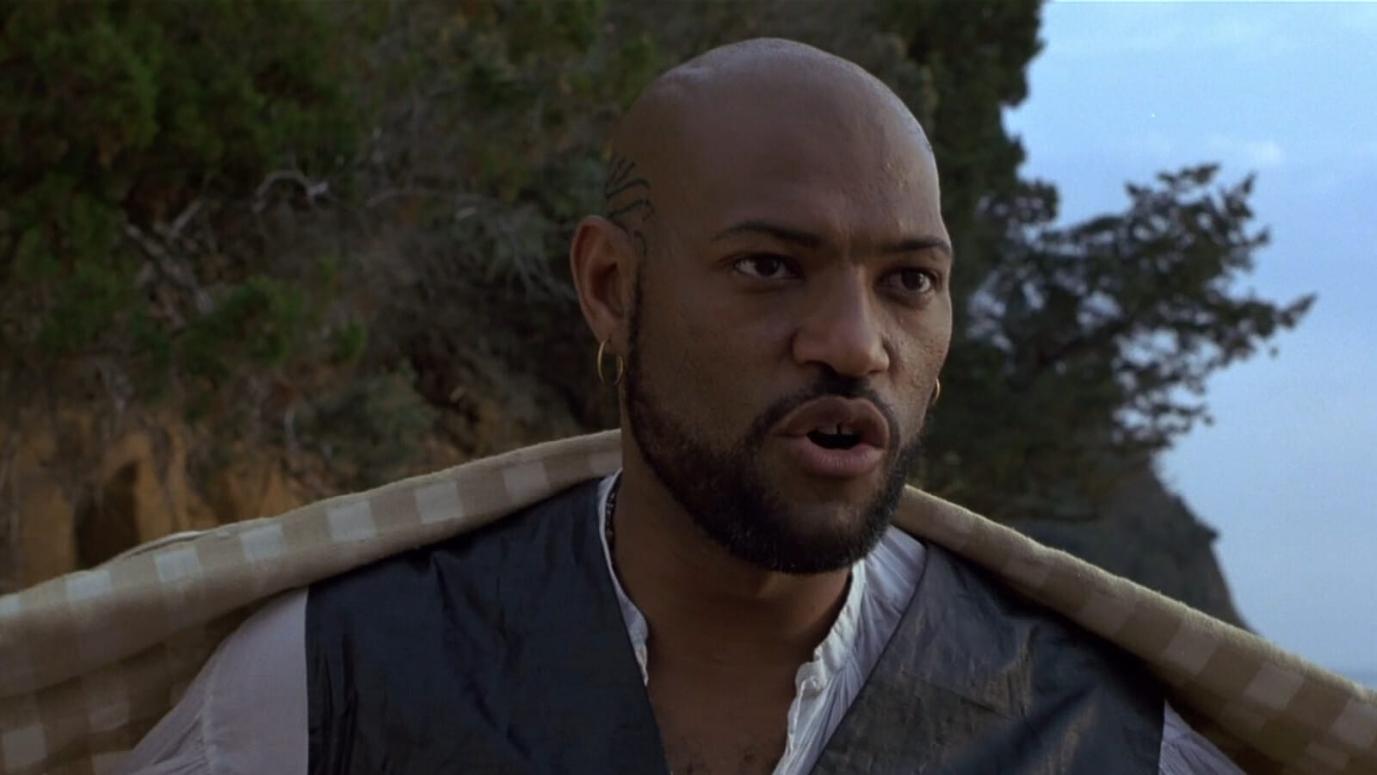Othello: A Reflection of Elizabethan Society
William Shakespeare's "Othello" is a powerful and enduring tragedy that offers a profound reflection of Elizabethan society. Set in the vibrant and cosmopolitan city of Venice, the play explores a wide range of social, cultural, and political issues that were prevalent during the Elizabethan era.

The play's central plot revolves around the tragic downfall of Othello, a Moorish general in the Venetian army, who is manipulated by his ensign, Iago, into believing that his wife, Desdemona, has been unfaithful to him. This mistaken belief leads Othello to commit a series of rash and ultimately fatal actions, resulting in the deaths of Desdemona, himself, and several other characters.
"Othello" offers a window into the social, cultural, and political aspects of Elizabethan England, providing valuable insights into the values, beliefs, and prejudices that shaped the lives of people during that time.
I. Elizabethan Social Hierarchy
- Rigid Social Structure: Elizabethan society was characterized by a rigid social hierarchy, with the monarch at the apex and the common people at the bottom.
- Class Distinctions: The play explores the distinctions between different social classes, highlighting the prejudices and biases that existed among them.
- Character Navigation: Characters like Othello, Desdemona, and Iago navigate the social ladder in different ways, revealing the challenges and opportunities that each class faced.
II. Race And Prejudice In Elizabethan England
- Portrayal of Race: "Othello" portrays race and ethnicity in a complex and nuanced manner, reflecting the attitudes and prejudices prevalent in Elizabethan England.
- Othello's Characterization: The characterization of Othello as a Moor highlights the racial prejudices and stereotypes that existed during that time.
- Commentary on Discrimination: The play offers a powerful commentary on racial discrimination and the devastating consequences it can have on individuals and society as a whole.
III. Gender Roles And Expectations
- Prevalent Gender Norms: Elizabethan society had strict gender roles and expectations for men and women.
- Portrayal of Female Characters: The play portrays female characters like Desdemona and Emilia, exploring their struggles to navigate these societal expectations.
- Challenging Gender Norms: "Othello" challenges traditional gender norms by presenting complex and multifaceted female characters who defy easy categorization.
IV. Political Intrigue And Power Dynamics
- Political Backdrop: The play is set against the backdrop of Venetian politics, highlighting the power struggles and intrigues that were common during that era.
- Iago's Manipulation: The character of Iago serves as a master manipulator, using his cunning and deceit to gain power and control over others.
- Commentary on Political Ambition: The play offers a commentary on the dangers of political ambition and the destructive consequences it can have on individuals and society.
V. Themes Of Jealousy, Betrayal, And Revenge
- Exploration of Themes: "Othello" explores the themes of jealousy, betrayal, and revenge in a profound and moving manner.
- Driving Force of Characters' Actions: These themes drive the actions of the characters and shape the play's tragic outcome.
- Insights into Human Nature: The play provides insights into the destructive nature of these emotions and their devastating impact on individuals and relationships.
VI. Conclusion
"Othello" serves as a powerful reflection of Elizabethan society, capturing the social, cultural, and political complexities of that era. The play offers valuable insights into the values, beliefs, and prejudices that shaped the lives of people during that time. Its enduring relevance lies in its exploration of universal human themes such as jealousy, betrayal, and revenge, making it a timeless masterpiece that continues to resonate with audiences today.

YesNo

Leave a Reply